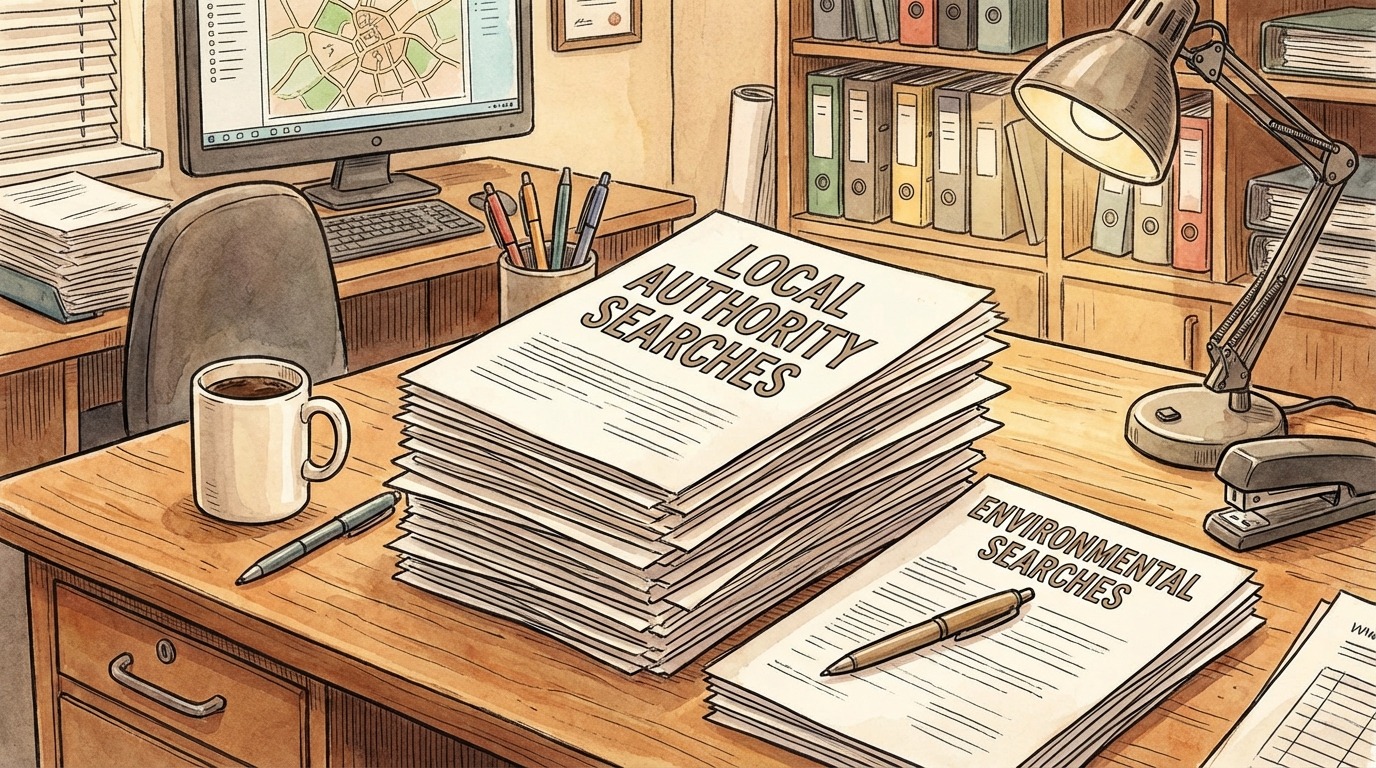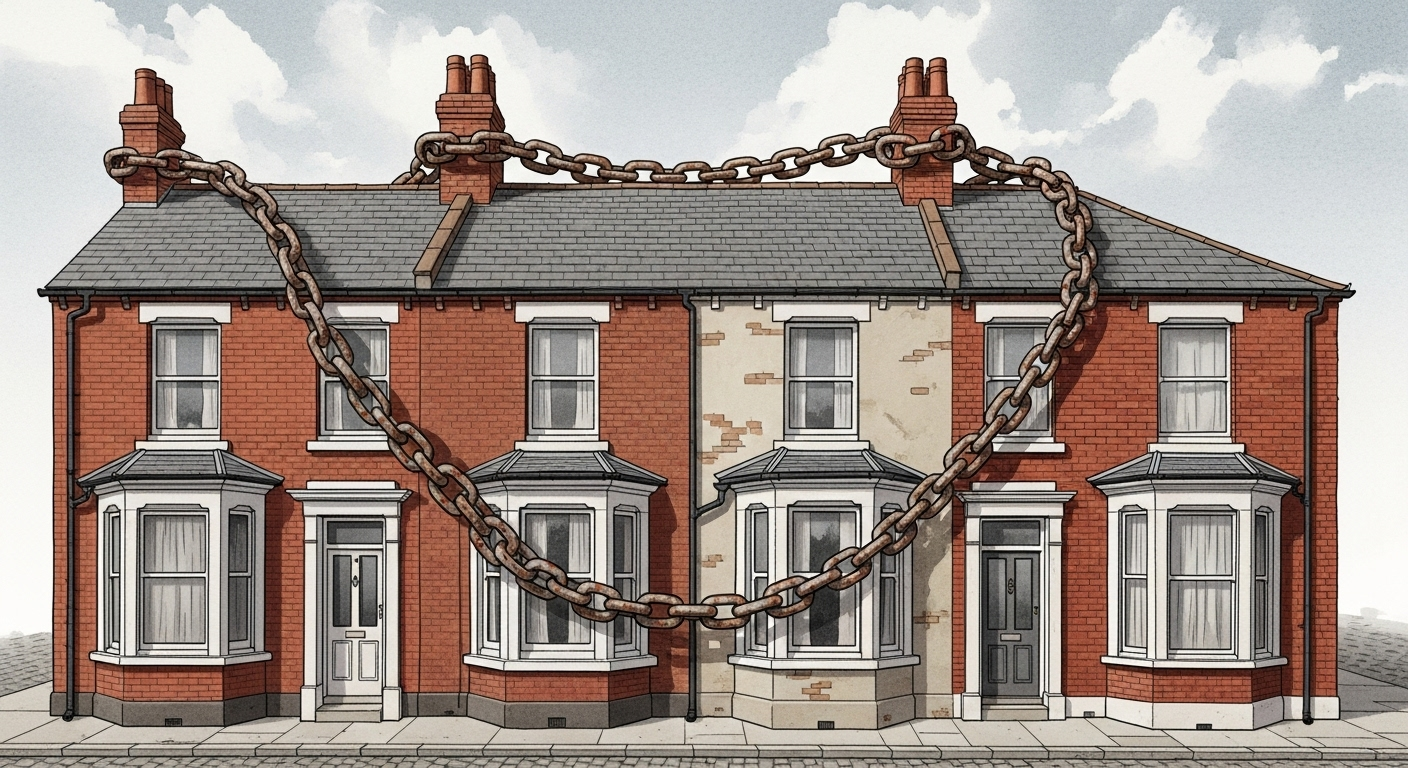Blog
Guide

The Building Safety Act 2022
The Building Safety Act 2022 (the Act) was introduced on the 28 April 2022, and will be fully implemented in October of this year. It was introduced following the tragedy at Grenfell Towers in an effort to prevent further incidents and increase the safety aspect of high rise blocks of flats. They only apply to flats which are contained within blocks of more than 5 storeys, or that are over 11 metres high. Further regulations exist which relate only to blocks which are over 7 storeys or 18 meters tall.
The new rules affect property at different stages including the design stage, the planning stage, construction and whilst tenants are in residence.
Tenants and leaseholders of long leases (over 21 years) have responsibilities to ensure safety at their homes or properties, but the Act also provides protection against payment of costs for removal of cladding and caps the amount payable towards costs arising out of non-cladding defects. The legislation intends to ensure that even if a developer or landlord cannot be located funding will be provided to ensure leaseholder do not have to pay the cost of remediation work. It will be easier to bring civil cases against offenders to pay for remediation costs and will prevent the use of complex corporate structures which currently enable Landlords to evade their responsibilities to ensure safe standards are upheld and ensures that those responsible uphold their liabilities and duties to keeping tenants safe.
However this has meant that the paperwork involved in selling a property within a high rise block is now more complicated and many Lenders are refusing to lend where high rise flats are concerned as they now see these as a higher risk and will require sight of the relevant certificates before agreeing to provide products. This is at the least causing delays but at the worse, some lenders have decided not to provide mortgage offers where a property may be affected by the Act.
Furthermore, the complex nature of the documentation required means that charges will be increased to cover the extra work involved in either selling or buying a flat which might be affected by the provisions of the Act and in an area of conveyancing which is already full of potential pitfalls and problems this simply adds to the pressure involved in finalising legal documentation for leasehold properties.
As the provisions of the Act do not apply to leaseholder owned properties, this may result in Landlords transferring the freehold to the leaseholders to avoid the responsibility of the remediation work which will no doubt be seen as onerous especially if they are unable to pass the costs on to the leaseholders.
There is a website https://www.gov.uk/check-building-safety-costs where checks can be made regarding eligibility for liability for costs and also where an application can be made to the First Tier Tribunal for a contribution towards remediation costs
No doubt these issues will either improve the lot of the leaseholder and make property safer, or it maybe they will unintentionally ensure leaseholders are in the unenviable position of being stuck unable to move due to the provisions of the Act
If you are affected by the provisions of the Act Arrow Conveyancing Limited can help. We are part of a team of solicitors who have banded together to try and assist clients, brokers, lenders and estate agents in bringing affected matters to a satisfactory conclusion.
Contact Arrow Conveyancing today by visiting their website: www.arrowconveyancing.co.uk calling: 0116 266 5394 or emailing: hello@arrowconveyancing.co.uk
Disclaimer
The materials on this website do not constitute legal advice and are provided for general information only. Whether express or implied, no warranty is given concerning such materials. We shall not be liable for any technical, editorial, typographical, or other errors or omissions within the information provided on this website, nor shall we be responsible for the content of any web images or information linked to this website.
The information contained in this article does not constitute financial advice or recommendation and should not be considered as such. Arrow conveyancing does not offer financial advice and is not regulated by the Financial Conduct Authority (FCA), the authors of this article are not financial advisors and are therefore not authorised to offer financial advice.
Published on :
December 8, 2024












.png)





